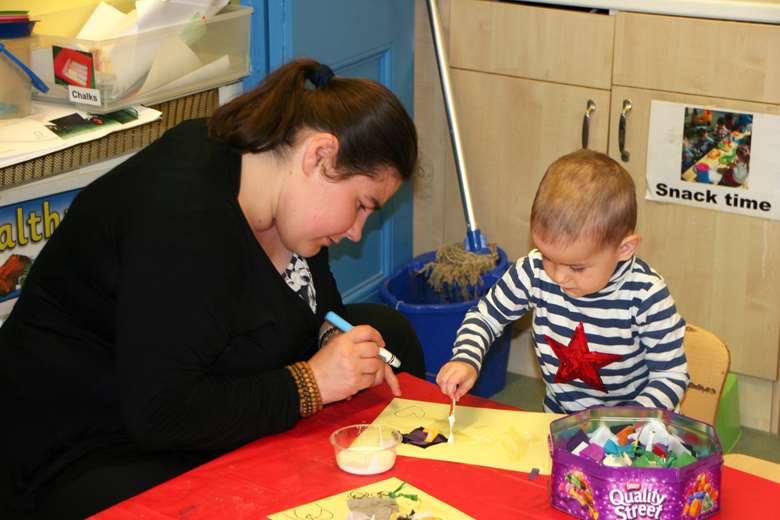Nursery providers call for more financial support from government
Gabriella Jozwiak
Tuesday, December 11, 2012
Concessions for businesses unveiled in the autumn statement will do little to improve the finances of private childcare providers, sector leaders have warned.

Nursery staff can expect a higher salary from April next year, following the Chancellor’s announcement of an increase in the personal allowance last week. Many early years workers earn less than the national average wage, meaning they will benefit from an extra £235 per year untaxed.
But the National Day Nurseries Association (NDNA) is warning that wider government measures to ease financial pressures on businesses will do little to boost privately-run daycare settings, which account for more than a sixth of the childcare sector.
Claire Schofield, policy director at NDNA said the rise in the government’s annual investment allowance from £25,000 to £250,000 for two years could benefit nursery businesses planning to invest in items such as vehicles or computers.
But she said the number of rules relating to the scheme would mean providers would have to consult with an accountant to make sure they could qualify.
Schofield added that the extension of the doubling of the small business rate relief scheme would benefit a minority of providers, because the £6,000 rateable value cap was much lower than the amount at which most nurseries were rated.
“We would like to see business rate relief given to all childcare organisations because we think they’re contributing to social objectives for government,” said Schofield.
Sarah Steel, managing director of the Old Station Nursery, said private providers would benefit from the new business bank that will offer £1bn in loans to small and medium-sized companies.
Having recently secured a loan used to purchase a new 64-place nursery in Oxfordshire, due to open in January, Steel suggested this could help providers increase capacity.
“Anything which boosts that pool for lending is good,” said Steel. “Lots of people have experienced difficulty in accessing funds.”
However, Schofield and Steel agreed that providers’ financial stability depended on government funding for the disadvantaged two-year-olds free entitlement, and for the three- and four-year-olds offer.
With regard to loans, Schofield said nurseries must be able to make a business case based on funding rates. “You might be able to show you have an opportunity to expand around the two-year-old offer, for example, but as well as getting that capital investment you’ve got to be able to show the long-term return on investment,” she said.
Department for Education figures from 2011 cite the average hourly pay for a senior manager working for a privately-owned or voluntary sector daycare setting as between £7.10 and £8.10.
The DfE said 61 per cent of full daycare settings were privately run in 2011, with the voluntary sector accounting for 31 per cent.




